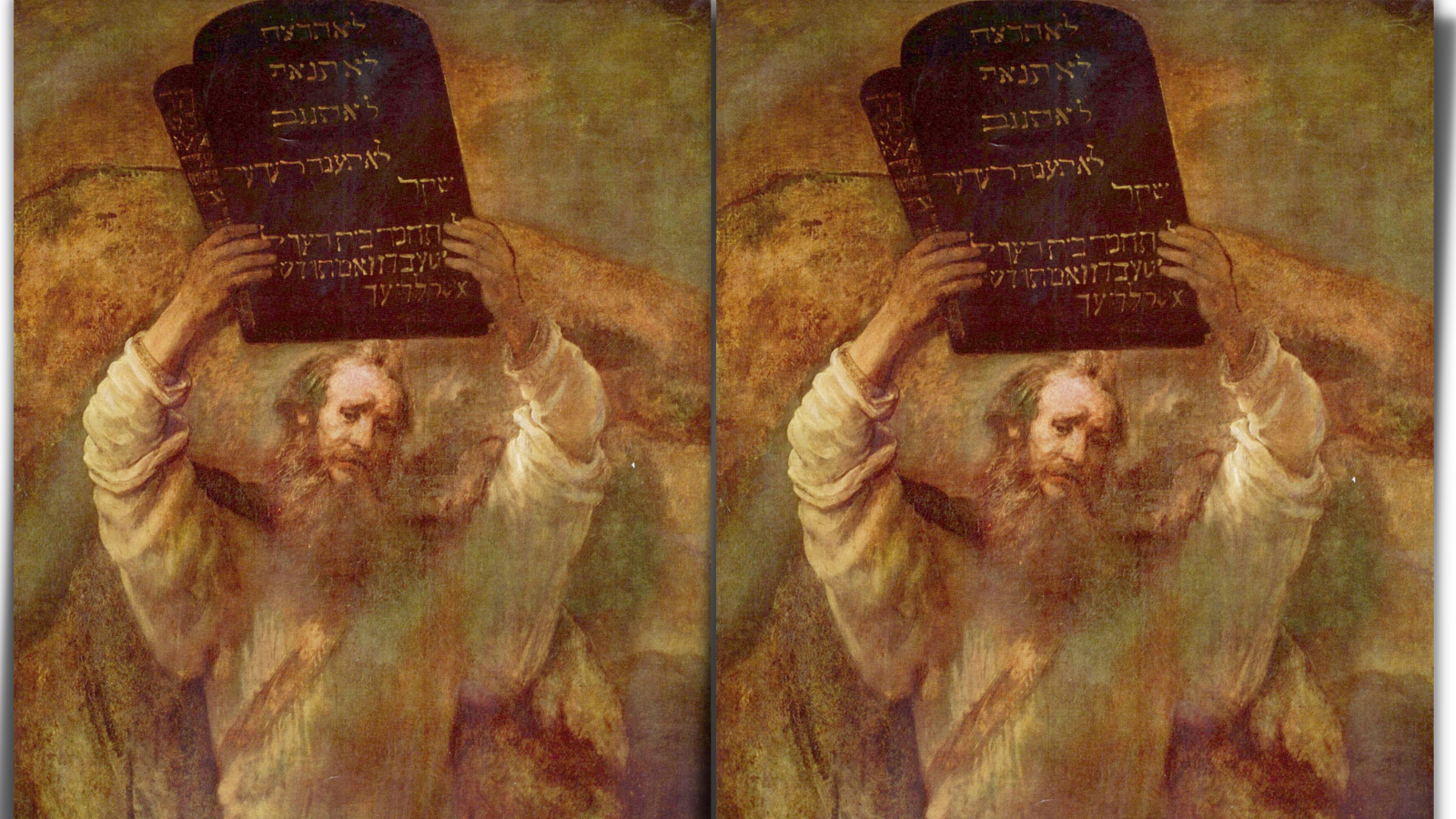Commentary on Parashat Eikev, Deuteronomy 7:12-11:25
In Parashat Eikev, Moses continues his final address to the Israelites, reviewing their journey together, the highs and the lows of the past 40 years. He promises them that ifthey fulfill the mitzvot, then they will prosper in the land which they are about to enter, a land flowing with milk and honey. As long as the people fulfill the commandments, they will prosper. But if they stray from the mitzvot, they will experience famine and ultimately exile.
This if/then language appears throughout this Torah portion, which reminds us again and again of the rewards of following the mitzvot and perils of failing to. But how do we know precisely what to do? That’s the question Moses poses in Deuteronomy 10:12: “And now, O Israel, what does your God demand of you?”
Moses answers this question himself in the same verse: “Only this: to revere your God, to walk only in divine paths, to love and to serve your God with all your heart and soul.” Following the mitzvot means to see God with awe and to walk in God’s ways. But the ancient rabbis found different meanings in it.
In the Talmud (Menachot 43b), Rabbi Meir rereads the word “what” in that verse (mah, in Hebrew) as me’ah, or one hundred. From this, he teaches that we are to recite 100 blessings every day. As we move through the day, we can orient ourselves toward noticing and reciting blessings. Another answer in the Talmud (Sotah 14a) is that we are to literally follow in God’s footsteps. Just as God clothes the naked, visits the sick, comforts mourners and buries the dead, so should we clothe the naked, visit the sick, comfort the mourner and bury the dead.
With your help, My Jewish Learning can provide endless opportunities for learning, connection and discovery.
All three of these interpretations — reciting 100 blessings a day, living our lives with reverence, and walking in God’s ways — can help us better understand what it means to follow the mitzvot. But the charge is far from easy. Fulfilling the mitzvot can be challenging under normal circumstances, but for those experiencing grief, this may seem insurmountable.
In the midst of loss, it is nearly impossible to find beauty and goodness in our lives and to seek out awe. When it is us who need support, there is rarely any bandwidth to reach out to support others. In mourning, our vision becomes monochromatic, perhaps even cloudy, and we may want to hibernate. Each of us has our own grief journey with its own timing. There is no external calendar that will alert us to when the time is right to begin again noticing blessings, feeling awe or reverence, or doing acts of lovingkindness. That timing is an internal job.
When Moses asks what God wants of us, he provides us with a final thought in the subsequent verse: “You do all of this so it can be good for you.” When we are able to seek and find blessing in our world, become available to awe and wonder, and express care for others, we will slowly emerge from our world of grief and ultimately feel that life can once again be good for us. In the meantime, be kind to yourself and slowly begin to explore what you need in your life right now.
This article initially appeared in My Jewish Learning’s Reading Torah Through Grief newsletter on August 4th, 2023. To sign up to receive this newsletter each week in your inbox, click here.
Looking for a way to say Mourner’s Kaddish in a minyan? My Jewish Learning’s daily online minyan gives mourners and others an opportunity to say Kaddish in community and learn from leading rabbis.



